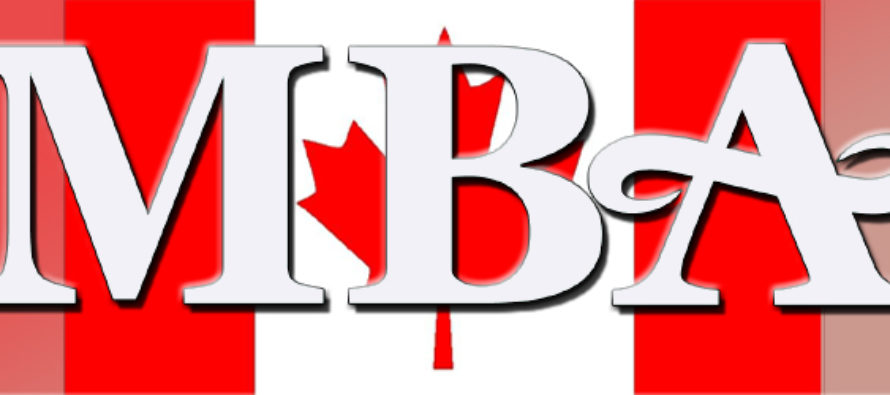“Give Me Your MBAs, Your Entrepreneurs” – Canada

Related Articles
Ayesha Chokhani, who grew up in Kolkata, has no love of the cold. Yet when she went to study for her master’s degree, the 29-year-old student chose the University of Toronto, where winter temperatures can fall well below freezing. Chokhani had her pick of elite schools. She turned down Cornell and Duke in the U.S. Her reasons were clear: The anti-immigrant rhetoric from the Trump administration made her nervous. And Canada had an additional draw: She can stay up to three years after she graduates and doesn’t need a job offer to apply for a work permit. “I wanted to be sure that wherever I go to study, I have the opportunity to stay and work for a bit” she says.
In August, there were about 570,000 international students in Canada, a 60 percent jump from three years ago. That surge is helping power the biggest increase in international immigration in more than a century. The country took in 425,000 people in the 12 months through September, boosting population growth to a three-decade high of 1.4 percent, the fastest pace in the Group of Seven club of industrialized nations.
Canada’s immigration system has long targeted the highly skilled. More than 65 percent of foreign-born adults had a post-secondary degree in 2017, the highest share tracked by members of the Organization for Economic Cooperation and Development. “We are the biggest talent poachers in the OECD” says Stefane Marion, chief economist of the National Bank of Canada. As a result, he says, the country is better equipped to deal with globalization and technological change. It’s a massive, massive advantage.
For all its benefits, the immigration surge is becoming a contentious political issue. In the past couple years, the province of Quebec, for example, has seen a big jump in asylum claims by people arrested while illegally crossing the border from the U.S. It’s now moving to cut its share of legal immigrants by 20 percent in 2019, to about 40,000. A new federal party, the People’s Party of Canada, is also pushing to reduce immigration.
The University of British Columbia at Vancouver will raise its target for foreign students to 30 percent by 2022, from a cap of 15 percent in 2014, a plan that some have criticized. “As public institutions, they have a responsibility to cater to the local Canadian population”, says Peter Wylie, a UBC associate professor of economics. University leaders counter that, because international students pay higher tuition, they help institutions fulfill their public mission. Foreign engineering students, for example, pay $32,700 a year, while Canadians pay $4,500.
These students will be more of a benefit to Canada if they stay in the country and use their expertise to start companies. In 2017 only 9,410 former international students transitioned directly to permanent residency. That number increases to 44,000 when including those who have taken other routes such as getting a work permit first or going home before applying, data from Immigration, Refugees and Citizenship Canada show.
No Comments
Only <a href="http://foreignmba.com/mba/wp-login.php?redirect_to=http%3A%2F%2Fforeignmba.com%2Fa%25c2%2580%25c2%2598give-me-your-mbas-your-entrepreneursa%25c2%2580%25c2%2599-canada%2F"> registered </a> users can comment.


Let me tell You a sad story ! There are no comments yet, but You can be first one to comment this article.
Write a comment